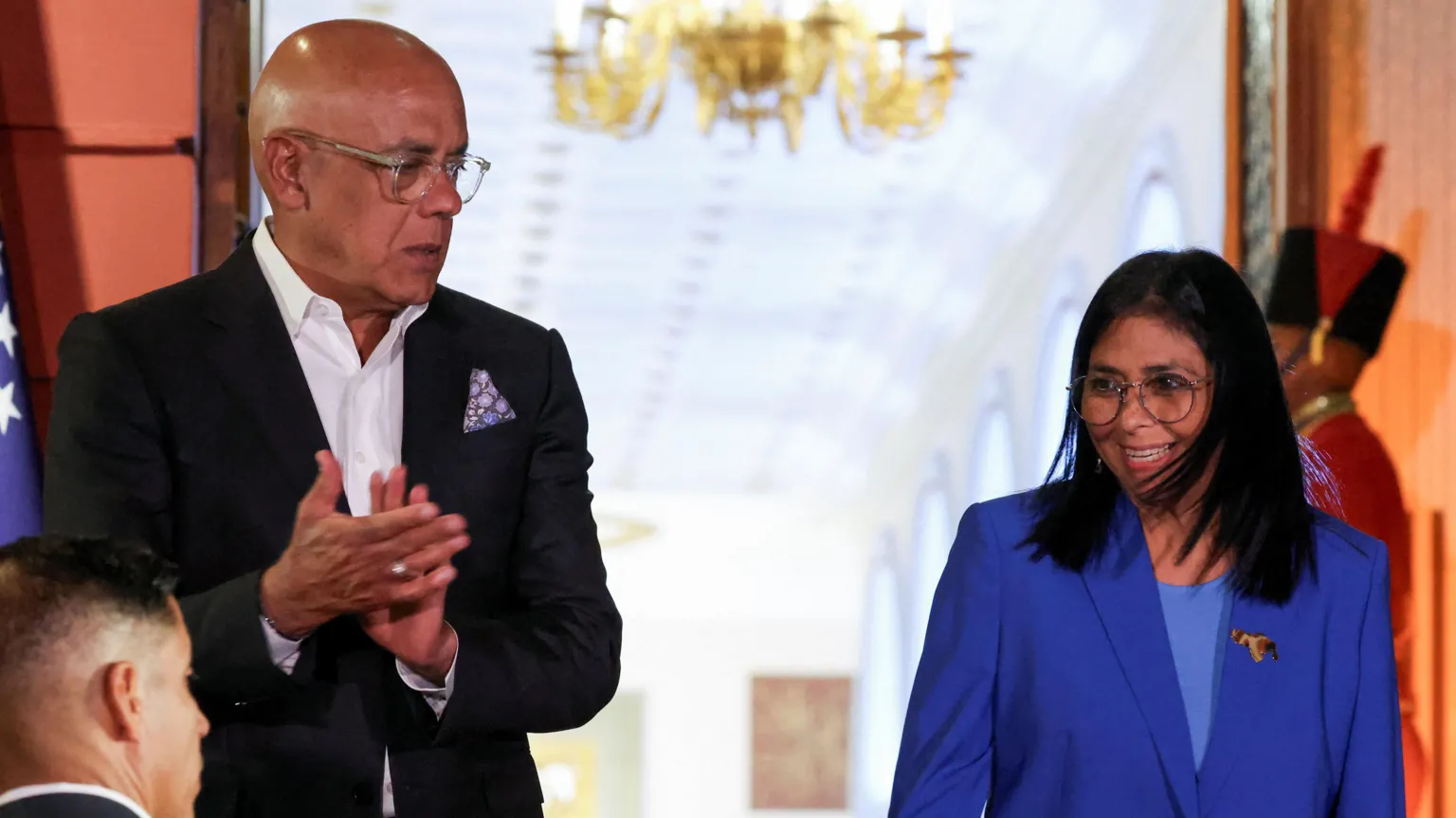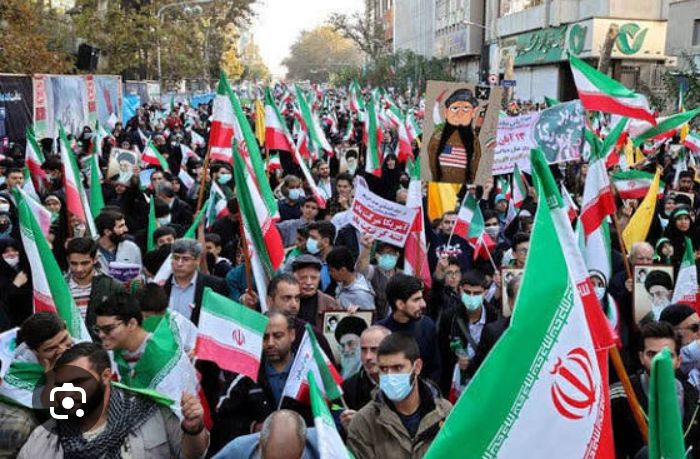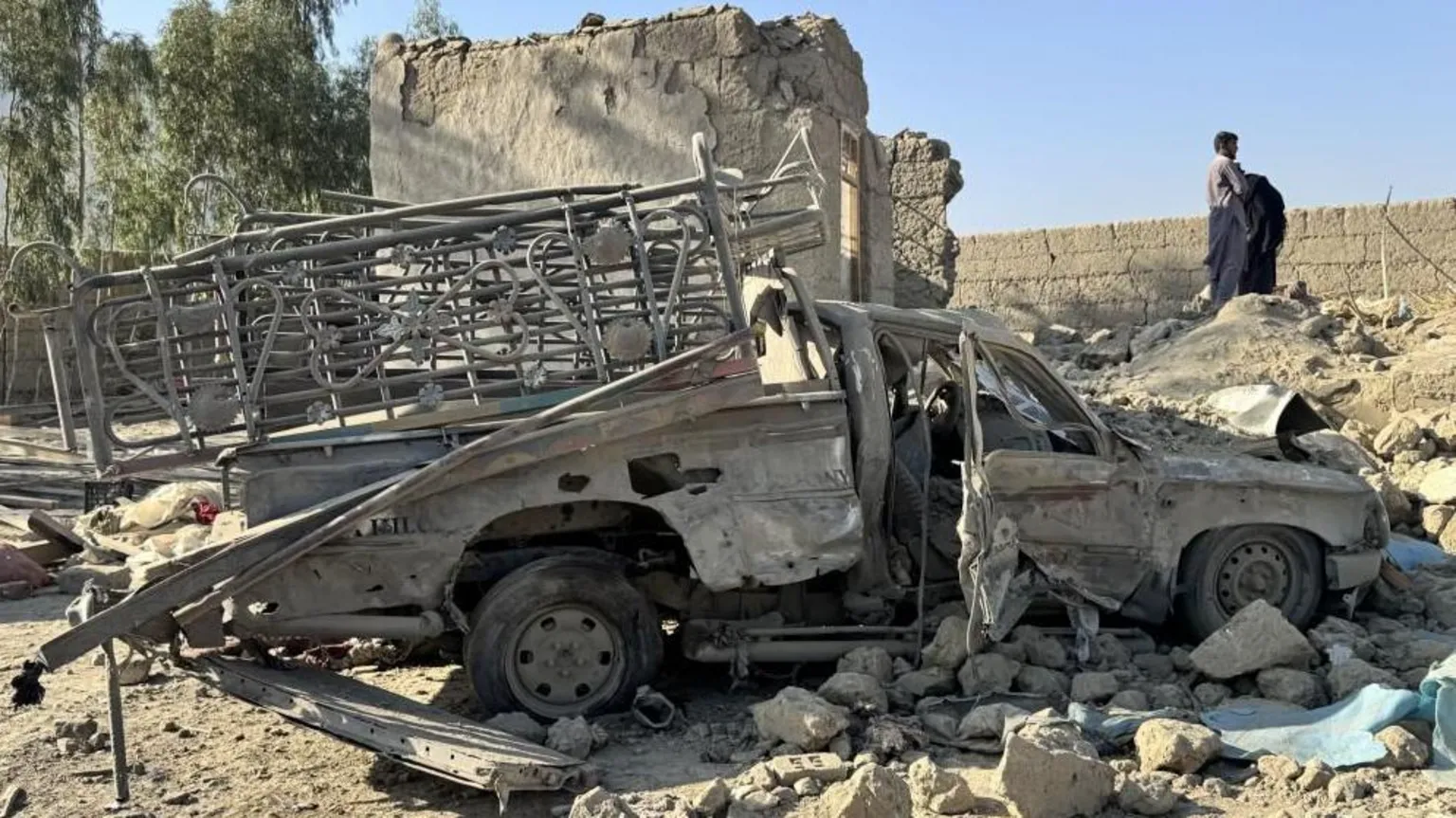World News
Reclaiming Glory: The Islamic World’s Path to Renewal

Paris (Imran Y. CHOUDHRY) :- Former Press Secretary to the President, Former Press Minister to the Embassy of Pakistan to France, Former MD, SRBC Mr. Qamar Bashir analysis : Once described in orientalist literature as a land of tents, sand dunes, and nomads, the Muslim world—especially the Middle East—has today transformed into a region of dazzling skylines, cutting-edge infrastructure, and dynamic centers of innovation and power. This renaissance, though gradual, is gaining undeniable momentum, shifting global power alignments and altering perceptions long held in Western political and academic circles.
From Riyadh to Kuala Lumpur, from Istanbul to Islamabad, a new wave of Muslim leadership is challenging the old tropes of backwardness and stagnation. The world is witnessing not only the rebirth of Muslim states as sovereign power centers but also the rise of Muslim diasporas as influential contributors in politics, science, economics, and culture across the West.
The Arabian Peninsula, once the symbol of barren landscapes and tribal simplicity, now boasts some of the world’s most sophisticated cities. Dubai, Abu Dhabi, Doha, and Riyadh are now homes to gleaming skyscrapers, smart cities, and high-tech financial hubs. The tallest buildings in the world rise from the same sands that once hosted nomadic tribes. What has driven this transformation is not merely oil wealth, but visionary leadership determined to diversify economies, embrace technological innovation, and play assertive roles on the world stage.
Saudi Arabia’s Vision 2030, led by Crown Prince Mohammed bin Salman, exemplifies this ambition. It is not just a plan of economic reform but a blueprint to reposition the Kingdom as a global cultural, technological, and diplomatic powerhouse. In a historic gesture, President Donald Trump—during his recent visit to the Kingdom—referred to the Crown Prince as “an incredible man” and a “great representative of the Saudi people,” applauding him for transforming Saudi Arabia in ways that have stunned even seasoned global business leaders. Trump repeatedly emphasized the unparalleled hospitality and strategic foresight of the Saudi royal family, calling King Salman “a great man” and describing the transformation of the Kingdom as “something the world has never seen before.”
Trump’s decision to commence his new diplomatic agenda from Saudi Arabia, while bypassing other traditional giants like China, India, and Russia, signifies a profound geopolitical recalibration. His praise was not limited to polite diplomacy; it reflected a genuine recognition of the Kingdom’s newfound global weight.
What was once seen by the West as a region of camel caravans is now being courted by the most powerful man on the planet, not just for oil, but for investment, trade partnerships, and geopolitical leverage. In an extraordinary reversal of roles, the U.S. President appealed to Saudi Arabia’s leadership to use its regional clout for brokering peace in Ukraine, promoting stability in the Middle East, and enabling economic partnerships worth trillions of dollars. Trump openly acknowledged that the Kingdom’s “other industries have surpassed oil” and that its cities are now “global capitals of business, culture, and high-tech innovation.” He declared the Middle East the new “center of the world” and said the world must now look at the region not as a source of chaos, but of opportunity, vision, and peace.
Perhaps the most remarkable resurgence has been that of Pakistan. Long seen as economically fragile and politically unstable, Pakistan has demonstrated exceptional resilience and strategic clarity in recent conflicts. Its military strength, underpinned by indigenous missile systems, integrated communication warfare, cyber capabilities, and soft-power operations, has outclassed much larger adversaries in the region.
Pakistan’s ability to neutralize advanced aerial threats, jam enemy missile systems mid-air, and redirect hostile drones illustrates a level of strategic maturity and technological sophistication unseen in many developing nations. These feats have not only impressed observers but have also forced a recalibration of Pakistan’s status in the global military order—potentially placing it among the top five global powers in terms of operational integration and agility.
Turkey, under the leadership of President Recep Tayyip Erdoğan, has emerged as a formidable force combining military prowess with economic resilience. Ankara has invested heavily in its defense industry, becoming nearly self-sufficient in producing drones, tanks, missiles, and naval assets. It has expanded its geopolitical influence from the Eastern Mediterranean to Central Asia and Africa.
Beyond the Middle East and South Asia, Southeast Asia’s Muslim nations are also experiencing their renaissance. Malaysia and Indonesia once economically marginalized, have undergone dramatic transformation and are rising to become a knowledge-based, technologically advanced, and globally respected nation.
Despite decades of crushing sanctions and international isolation, Iran remains a resilient player. It has developed a formidable indigenous defense industry and maintains strategic leverage across the Middle East—from Iraq to Syria, Lebanon to Yemen. Its ability to withstand economic warfare and maintain sovereignty without capitulation is a testament to the Iranian people’s willpower and the state’s internal strength.
Central Asian republics like Kazakhstan, Uzbekistan, Turkmenistan, and Azerbaijan—many of which have Muslim majorities—are now leveraging their Soviet-era scientific heritage and rich natural resources to build modern states. They are investing in technology, education, and multilateral diplomacy. These nations are quietly emerging as energy hubs, cultural centers, and diplomatic players, strengthening the overall Islamic bloc.
The Muslim renaissance is not confined to the traditional geography of Muslim nations. Across the United States, Canada, the United Kingdom, and Europe, Muslims are making their mark in business, academia, politics, and media. In the U.S., Muslim lawmakers are gaining visibility, Muslim doctors and scientists are leading research in top universities, and Muslim entrepreneurs are disrupting tech and commerce sectors.
This diaspora is now shaping global narratives, challenging Islamophobia, and offering new paradigms of inclusive progress. They serve as bridges between civilizations, demonstrating that Islam and modernity are not only compatible but mutually reinforcing.
In essence, the global order is shifting, and the Islamic world is no longer on the sidelines. Through sustained economic development, strategic diplomacy, technological advancement, and cultural revival, Muslim nations are repositioning themselves as equal stakeholders in shaping the 21st century.
What binds this diverse group—from Morocco to Malaysia—is a shared sense of purpose, a revived confidence, and a collective ambition to shape a future grounded in dignity, power, and progress.
As President Trump’s visit underscored, the world must now acknowledge a new reality: the Muslim world is no longer rising—it has risen. And those once dismissed as “Bedouins” are now courted by the West to help resolve the most pressing issues of our time.
World News
‘National security is non-negotiable’: Parliamentary secretary on Afghanistan strikes

ISLAMABAD: Parliamentary Secretary for Information and Broadcasting Barrister Danyal Chaudhry on Monday stressed that national security was “non-negotiable” after Pakistan carried out strikes on terrorist targets in Afghanistan, killing over 80 terrorists.
“Pakistan has always chosen the path of dialogue and peaceful coexistence. But when Afghan soil continues to be used for proxy attacks, we have no choice but to defend our homeland. National security is non-negotiable,” Chaudhry said in a statement.
The PML-N MNA affirmed that the people of Pakistan “stand firmly” with their armed forces in the fight against terrorism.
He urged the Afghan government to take “decisive action to prevent its land from being used for cross-border militancy”, warning that lasting peace in the region depended on the “complete dismantling of terrorist sanctuaries”.
Noting that the recent operation “successfully neutralised militants involved in attacks on Pakistani soil”, Chaudhry stressed: “This action was aimed solely at those responsible for violent attacks inside Pakistan. Every precaution was taken to protect innocent lives.”
He also pointed to Afghanistan’s emergence as a “sanctuary for multiple terrorist groups”. Referring to a United Nations report, he noted that militants from 21 terror outfits were operating from Afghan territory, posing a serious threat to regional stability.
He specifically called out India’s “continued support for terrorist networks”.
“India is actively funding and training these groups, equipping them to carry out cross-border attacks against Pakistan. Such elements deserve no concessions,” the parliamentary secretary asserted.
His remarks came after Pakistan carried out airstrikes on Afghanistan in a retaliatory operation targeting groups responsible for recent suicide bombings in Pakistan.
The strikes killed “more than 80 terrorists”, according to security sources.
The strikes were conducted in retaliation for a series of suicide attacks in Islamabad, Bajaur, and Bannu that had claimed the lives of Pakistani security personnel and civilians. Authorities described the operation as intelligence-based and proportionate, aimed solely at those responsible for the attacks.
‘Decisive struggle against terrorism’
Separately, Khyber Pakhtunkhwa Governor Faisal Karim Kundi asserted that the country will “not allow our soil to be destabilised by forces operating from across the border in Afghanistan”.
In a post on X, he said: “The citizens of Pakistan, especially the resilient people of Khyber Pakhtunkhwa, stand firmly with our armed forces and security institutions in the defense of our homeland.”
He further said: “The sacrifices of our martyrs bind us together as one nation. In this decisive struggle against terrorism, Pakistan stands united, resolute, and unwavering.
“Our sovereignty is non-negotiable, and the people of this country stand shoulder to shoulder with the state to protect it at all costs.”
World News
More than 1,500 Venezuelan political prisoners apply for amnesty

A total of 1,557 Venezuelan political prisoners have applied for amnesty under a new law introduced on Thursday, the country’s National Assembly President has said.
Jorge Rodríguez, brother of Venezuelan interim President Delcy Rodríguez and an ally of former President Nicolás Maduro, also said “hundreds” of prisoners had already been released.
Among them is politician Juan Pablo Guanipa, one of several opposition voices to have criticised the law for excluding certain prisoners.
The US has urged Venezuela to speed up its release of political prisoners since US forces seized Maduro in a raid on 3 January. Venezuela’s socialist government has always denied holding political prisoners.
At a news conference on Saturday Jorge Rodríguez said 1,557 release requests were being addressed “immediately” and ultimately the legislation would extend to 11,000 prisoners.
The government first announced days after Maduro’s capture, on 8 January, that “a significant number” of prisoners would be freed as a goodwill gesture.
Opposition and human rights groups have said the government under Maduro used detentions of political prisoners to stamp out dissent and silence critics for years.
These groups have also criticised the new law. One frequently cited criticism is that it would not extend amnesty to those who called for foreign armed intervention in Venezuela, BBC Latin America specialist Luis Fajardo says.
He noted that law professor Juan Carlos Apitz, of the Central University of Venezuela, told CNN Español that that part of the amnesty law “has a name and surname”. “That paragraph is the Maria Corina Machado paragraph.”
It is not clear if the amnesty would actually cover Machado, who won last year’s Nobel Peace Prize, Fajardo said.
He added that other controversial aspects of the law include the apparent exclusion from amnesty benefits of dozens of military officers involved in rebellions against the Maduro administration over the years.
On Saturday, Rodríguez said it is “releases from Zona Seven of El Helicoide that they’re handling first”.
Those jailed at the infamous prison in Caracas would be released “over the next few hours”, he added.
Activists say some family members of those imprisoned in the facility have gone on hunger strike to demand the release of their relatives.
US President Donald Trump said that El Helicoide would be closed after Maduro’s capture.
Maduro is awaiting trial in custody in the US alongside his wife Cilia Flores and has pleaded not guilty to drugs and weapons charges, saying that he is a “prisoner of war”.
World News
Iran students stage first large anti-government protests since deadly crackdown

Students at several universities in Iran have staged anti-government protests – the first such rallies on this scale since last month’s deadly crackdown by the authorities.
The BBC has verified footage of demonstrators marching on the campus of the Sharif University of Technology in the capital Tehran on Saturday. Scuffles were later seen breaking out between them and government supporters.
A sit-in was held at another Tehran university, and a rally reported in the north-east. Students were honouring thousands of those killed in mass protests in January.
The US has been building up its military presence near Iran, and President Donald Trump has said he is considering a limited military strike.
The US and its European allies suspect that Iran is moving towards the development of a nuclear weapon, something Iran has always denied.
US and Iranian officials met in Switzerland on Tuesday and said progress had been made in talks aimed at curbing Iran’s nuclear programme.
But despite the reported progress, Trump said afterwards that the world would find out “over the next, probably, 10 days” whether a deal would be reached with Iran or the US would take military action.
The US leader has supported protesters in the past – at one stage appearing to encourage them with a promise that “help is on its way”.
Footage verified by the BBC shows hundreds of protesters – many with national Iranian flags – peacefully marching on the campus of the Sharif University of Technology at the start of a new semester on Saturday.
The crowds chanted “death to the dictator” – a reference to Supreme Leader Ayatollah Ali Khamenei – and other anti-government slogans.
Supporters of a rival pro-government rally are seen nearby in the video. Scuffles are later seen breaking out between the two camps.
Verified photos have also emerged showing a peaceful sit-in protest at the capital’s Shahid Beheshti University.
The BBC have also verified footage from another Tehran university, Amir Kabir University of Technology, showing chanting against the government.
In Mashhad, Iran’s second-largest city in the north-east, local students reportedly chanted: “Freedom, freedom” and “Students, shout, shout for your rights”.
Sizeable demonstrations in other locations were also reported later in the day, with calls for further rallies on Sunday.
It is not immediately clear whether any demonstrators have been arrested.
Last month’s protests began over economic grievances and soon spread to become the largest since the 1979 Islamic Revolution.
The US-based Human Rights Activists News Agency (Hrana) said it had confirmed the killing of at least 6,159 people during that wave, including 5,804 protesters, 92 children and 214 people affiliated with the government.
Hrana also said it was investigating 17,000 more reported deaths.
Iranian authorities said late last month that more than 3,100 people had been killed – but that the majority were security personnel or bystanders attacked by “rioters”.
Saturday’s protests come as the Iranian authorities are preparing for a possible war with the US.
The exiled opposition is adamantly calling on President Trump to make good on his threats and strike, hoping for a quick downfall of the current hardline government.
But other opposition groups are opposed to outside intervention.
The opposing sides have been involved in disinformation campaigns of social media, trying to maximise their conflicting narratives of what Iranian people want.
Additional reporting by BBC Persian’s Ghoncheh Habibiazad, and BBC Verify’s Richard Irvine-Brown and Shayan Sardarizadeh.
-

 Europe News12 months ago
Europe News12 months agoChaos and unproven theories surround Tates’ release from Romania
-

 American News12 months ago
American News12 months agoTrump Expels Zelensky from the White House
-

 American News12 months ago
American News12 months agoTrump expands exemptions from Canada and Mexico tariffs
-

 American News12 months ago
American News12 months agoZelensky bruised but upbeat after diplomatic whirlwind
-

 Art & Culture12 months ago
Art & Culture12 months agoThe Indian film showing the bride’s ‘humiliation’ in arranged marriage
-

 Pakistan News8 months ago
Pakistan News8 months agoComprehensive Analysis Report-The Faranian National Conference on Maritime Affairs-By Kashif Firaz Ahmed
-

 Art & Culture12 months ago
Art & Culture12 months agoInternational Agriculture Exhibition held in Paris
-

 Politics12 months ago
Politics12 months agoUS cuts send South Africa’s HIV treatment ‘off a cliff’












